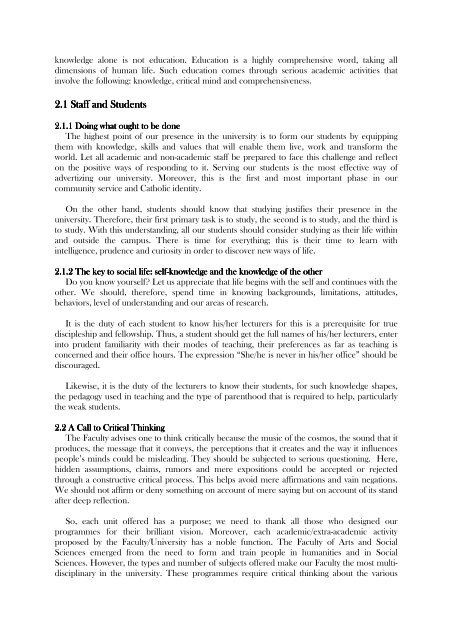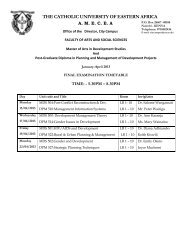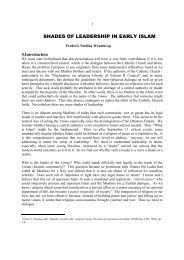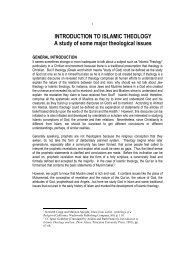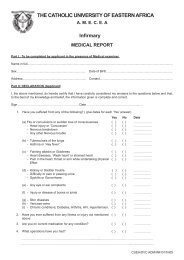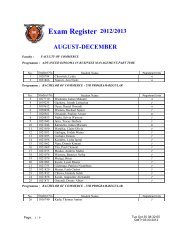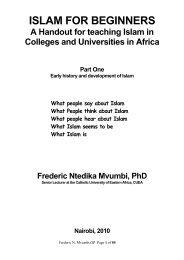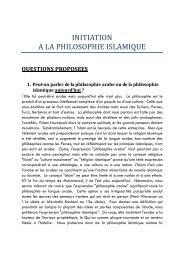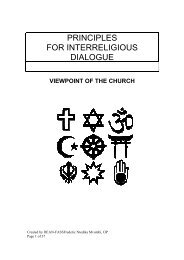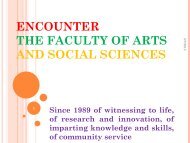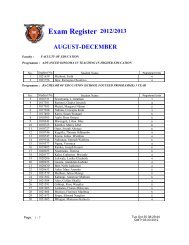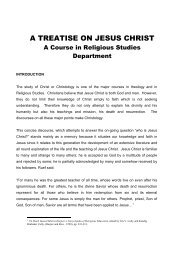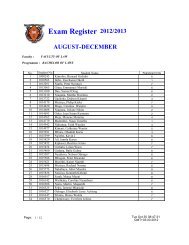FASSC PROFILE.pdf - CUEA
FASSC PROFILE.pdf - CUEA
FASSC PROFILE.pdf - CUEA
You also want an ePaper? Increase the reach of your titles
YUMPU automatically turns print PDFs into web optimized ePapers that Google loves.
knowledge alone is not education. Education is a highly comprehensive word, taking all<br />
dimensions of human life. Such education comes through serious academic activities that<br />
involve the following: knowledge, critical mind and comprehensiveness.<br />
2.1 Staff and Students<br />
2.1.1 Doing what ought to be done<br />
The highest point of our presence in the university is to form our students by equipping<br />
them with knowledge, skills and values that will enable them live, work and transform the<br />
world. Let all academic and non-academic staff be prepared to face this challenge and reflect<br />
on the positive ways of responding to it. Serving our students is the most effective way of<br />
advertizing our university. Moreover, this is the first and most important phase in our<br />
community service and Catholic identity.<br />
On the other hand, students should know that studying justifies their presence in the<br />
university. Therefore, their first primary task is to study, the second is to study, and the third is<br />
to study. With this understanding, all our students should consider studying as their life within<br />
and outside the campus. There is time for everything; this is their time to learn with<br />
intelligence, prudence and curiosity in order to discover new ways of life.<br />
2.1.2 The key to social life: self<br />
elf-knowledge and the knowledge of the other<br />
Do you know yourself? Let us appreciate that life begins with the self and continues with the<br />
other. We should, therefore, spend time in knowing backgrounds, limitations, attitudes,<br />
behaviors, level of understanding and our areas of research.<br />
It is the duty of each student to know his/her lecturers for this is a prerequisite for true<br />
discipleship and fellowship. Thus, a student should get the full names of his/her lecturers, enter<br />
into prudent familiarity with their modes of teaching, their preferences as far as teaching is<br />
concerned and their office hours. The expression “She/he is never in his/her office” should be<br />
discouraged.<br />
Likewise, it is the duty of the lecturers to know their students, for such knowledge shapes,<br />
the pedagogy used in teaching and the type of parenthood that is required to help, particularly<br />
the weak students.<br />
2.2 A Call to Critical<br />
Thinking<br />
The Faculty advises one to think critically because the music of the cosmos, the sound that it<br />
produces, the message that it conveys, the perceptions that it creates and the way it influences<br />
people’s minds could be misleading. They should be subjected to serious questioning. Here,<br />
hidden assumptions, claims, rumors and mere expositions could be accepted or rejected<br />
through a constructive critical process. This helps avoid mere affirmations and vain negations.<br />
We should not affirm or deny something on account of mere saying but on account of its stand<br />
after deep reflection.<br />
So, each unit offered has a purpose; we need to thank all those who designed our<br />
programmes for their brilliant vision. Moreover, each academic/extra-academic activity<br />
proposed by the Faculty/University has a noble function. The Faculty of Arts and Social<br />
Sciences emerged from the need to form and train people in humanities and in Social<br />
Sciences. However, the types and number of subjects offered make our Faculty the most multidisciplinary<br />
in the university. These programmes require critical thinking about the various


